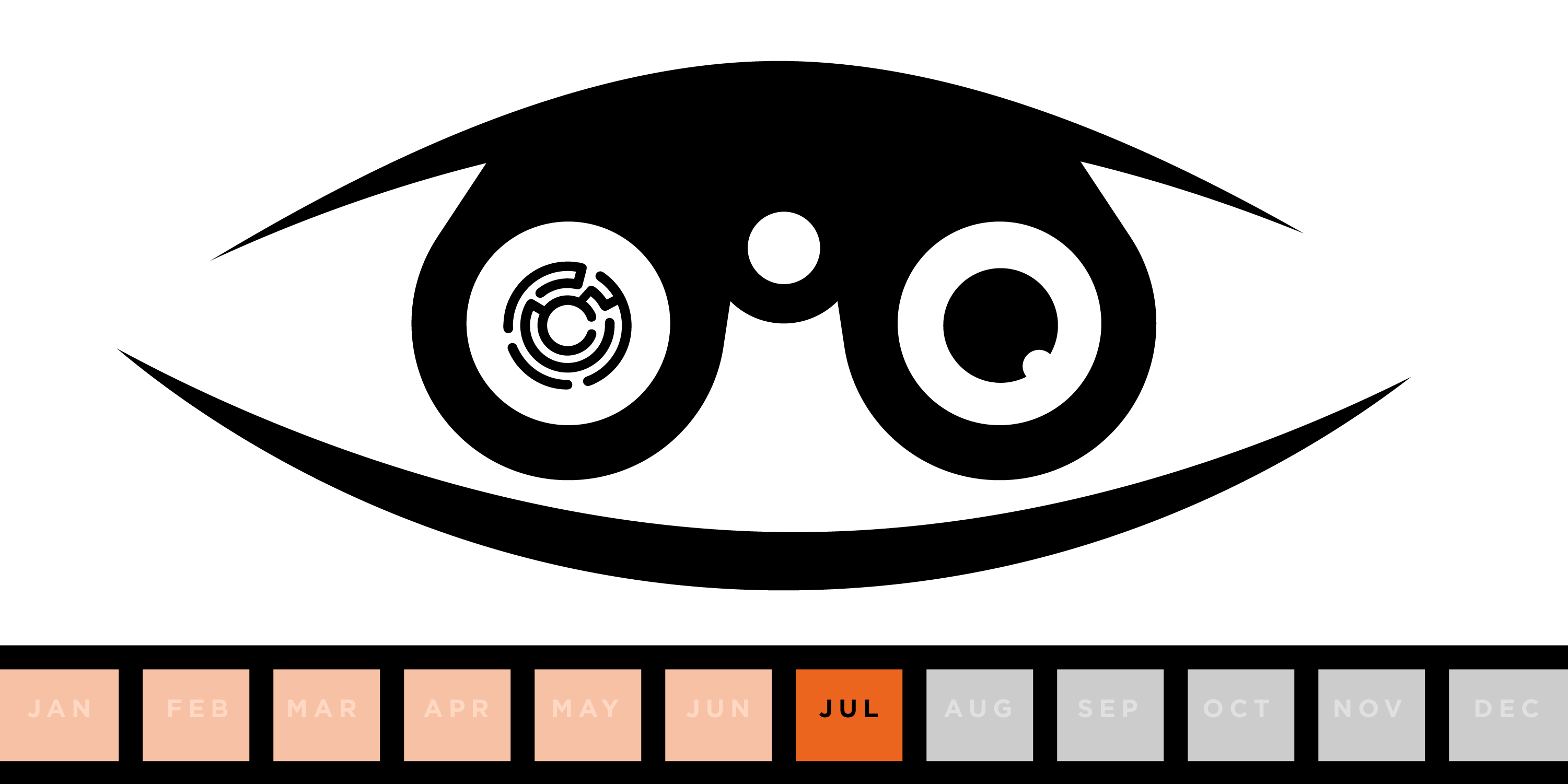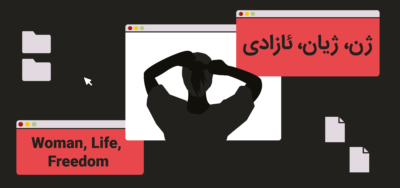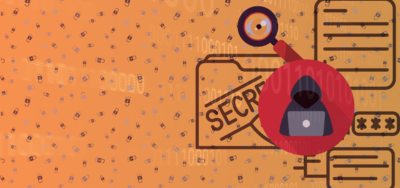In July, Iran’s ICT Ministry celebrated a number of fresh advances towards the further localisation of digital services and internet infrastructure in Iran. Most notably, Mohammad-Javad Azari Jahromi took to Twitter to celebrate the development of a domestically-produced mobile operating system, which is being lined up as a potential alternative to the sanctions-afflicted Android OS.
In another important development, authorities marked the first deployment of electronic voting machines in local elections in Tehran. The potential introduction of such machines into future electoral contests with limited oversight raises the prospect of them further undermining the integrity of Iranian elections.
Finally, Iran has been plagued by a series of internet service disruptions in recent months. The ICT Ministry remains tight-lipped about the extent and cause of these disruptions, which have been met with suspicion by human rights activists and campaigners.

ICT Minister Attends National Security Committee Meeting
On 23 July, ICT Minister Mohammad Javad Azari Jahromi attended a meeting of Iran’s Parliamentary National Security and Foreign Policy Committee. The meeting was called to allow Jahromi to respond to questions raised by Nasrollah Pejmanfard, a conservative MP and leading member of the ‘Cyber Faction’ in Iran’s Parliament.
During the meeting, Jahromi was asked about measures to identify internet users online, managing the growth of VPNs and circumvention tools, and ending the use of unregistered mobile SIM cards. After the meeting, committee spokesperson Seyyed Hossein Naghavi-Hosseini announced that Pejmanfard was satisfied with Jahromi’s answers.
ICT Ministry Ponders Internet Price Hike
In July there were a number of reports that suggested ICT Minister Jahromi is about to approve a hik in the price of internet subscriptions. In June, companies offering ADSL services to Iranian users asked Jahromi to permit a 50% increase in the price of their packages. On 9 July Jahromi announced that he has set four conditions for this change to take place: [infrastructure] investment, technological updates, a commitment to using domestic digital products, and high-quality service provision.

Iranians Given 5% Internet Allowance In Response to Network Disruptions
On 16 July the CEO of the Telecommunication Company of Iran Seyed Majid Sadri announced that due to network disruptions in recent months, Iranian users’ monthly data allowance would be increased by 5%.
Jahromi has denied that system disruptions were the result of actions taken by Iranian officials. However, this claim has been contested by campaigners, activists, and other human rights organisations.
ICT Minister Holds Talks With Azerbaijan, Russia and Turkey
On 17 July ICT Minister Jahromi and his Turkish, Russian and Azerbaijani counterparts held a meeting in Tehran, seeking to extend cooperation across their growing digital economies. At the end of the meeting, the group agreed to host events twice yearly in order to extend their collaborations further.
Iranian Schools to be Connected to SHOMA by 21 March 2020
On 20 July, ICT Minister Jahromi announced that by the end of 1398 (21 March 2020) all Iranian schools will be required to be connected to the National Information Network (SHOMA). Such a move brings potential for the significant centralisation and collection of student data. To date, the plan has faced no scrutiny from either the public or policymakers.

ICT Ministry Determined to Cut Down on Gambling Sites
On 29 July, ICT Minister Jahromi announced on Twitter that the ICT Ministry is prioritising a crackdown on gambling sites, and asked his followers to suggest new ways to fight them. Since last summer’s FIFA World Cup, many Iranian online influencers have taken to promoting gambling sites via Instagram or Telegram.
Gambling is strictly forbidden in Iran and heavily punished by law. Over the past year Iran’s Cyber Police (or FATA) has significantly intensified its anti-gambling operations.
GPS Service Disruption Continues into July
On 1 July, Deputy ICT Minister Hossein Fallah acknowledged that there have been disruptions to GPS services in Tehran. Although he stopped short of speculating about the source of such disruption, he noted that this is not the first time disruptions have been detected. This comes in spite of repeated denials from security agencies and the Supreme National Security Council about the use of GPS jammers by Iranian authorities.
In recent months, analysts have blamed the disruptions on a number of actors, ranging from Russia to the IRGC. The disruptions, as well as causing frustration for Iranian users, pose genuine threats to Iranian civilian and military aviation.

Electronic Voting Introduced in Tehran Municipal Elections
On 26 July, 8,000 electronic voting machines were used in Tehran for the election of City Council Assistants. This is the first time that Iran has held an election using only electronic voting machines.
This election may be the first step towards the machines’ later implementation for regional or national elections. The introduction of such methods should only be considered after the application of proper scrutiny to the technologies and oversight mechanisms in place, given the potential risks of further undermining trust in the integrity of elections.
CEO of SCC-Approved Messaging App ‘Soroush’ Resigns
On 27 July it was confirmed that Morteza Rahimi, CEO of the Supreme Council of Cyberspace (or SCC)-approved messaging app ‘Soroush’ had resigned from his position. Rahimi cited broken promises and a lack of support from IRIB as the reason for him tendering his resignation.
Rahimi also announced that he and the development team have been working on a separate messenger called Soroush Plus, which will see the company ending their collaboration with IRIB. Soroush was developed by a group of students and bought by the IRIB, which formed the company named ‘Soroush Media Technology Development’ to manage the app.
In the past, the ICT Ministry has blamed other government bodies such as IRIB for failing to provide adequate support for the development of domestic messaging apps.
‘Smart Iran’ Tech Startup Event Held in Tehran
On 21 August, a high profile event was held in Tehran titled ‘Smart Iran’. It was attended by President Hassan Rouhani and ICT Minister Jahromi. The event brought together leading policymakers and tech startups from across the country. Rouhani’s government has prioritised collaborating with startups in order to expand the range of domestic digital services available to Iranians under SHOMA.

Iranian Students Develop Domestic Alternative to Android
On 7 July, ICT Minister Jahromi tweeted a promotional video in which it was announced that a group of Iranian students at Sharif University have developed a domestic alternative to the Android mobile operating system.
In his comments to the media, Jahromi stated that the widespread adoption of a domestic operating system would lessen reliance on foreign services, which can more easily be limited by sanctions.
ICT Minister Announces Establishment of New Regional Mobile Operating System
On 18 July ICT Minister Mohammad Javad Azari Jahromi, visiting Iran’s Elecomp exhibition, said that there were plans to establish a regional mobile operating system. He also clarified that this project is not connected to the domestic Android operating system developed by students at Sharif University.
National Cyberspace Centre and the Office for Islamic Promotion Sign Memorandum of Understanding
On 24 July the SCC Secretary Seyyed Abolhasan Firouzabadi and Chief of the Islamic Propagation Office Ahmad Vaezi signed a memorandum of understanding between their two organisations. The two bodies are seeking to expand their cooperation on educational, research, promotional and cultural work. This move is in line with the SCC and ICT Ministry’s efforts to expand the availability of state-sanctioned content and services online under the umbrella of SHOMA.
Vice President for Legal Affairs Denounces “Illegal” Telegram Ban
In an interview on 27 July Laya Joneydi, the Rouhani administration’s Vice President for Legal Affairs stated that the filtering of Telegram is illegal. She insisted that the blocking of a platform such as Telegram must be ordered through the CDICC, and not unilaterally through the judiciary.




